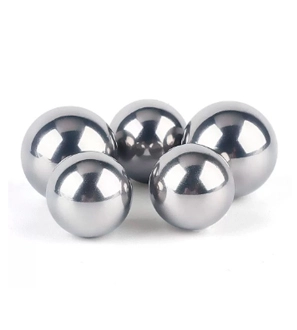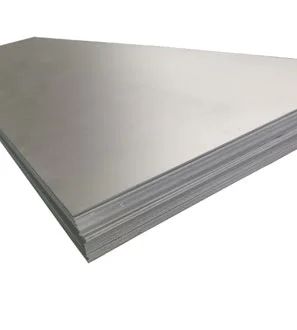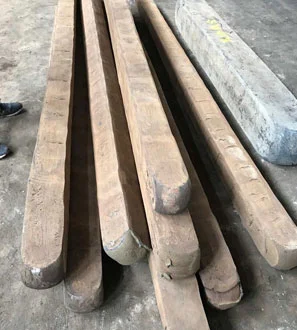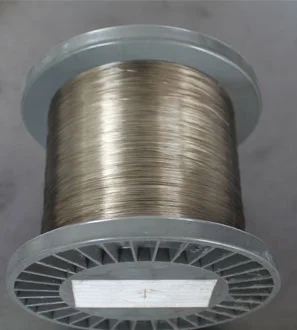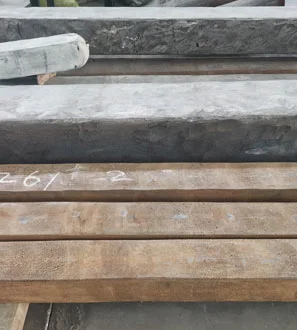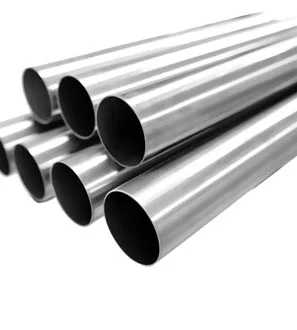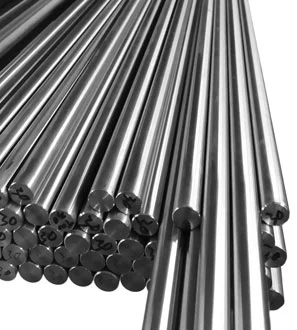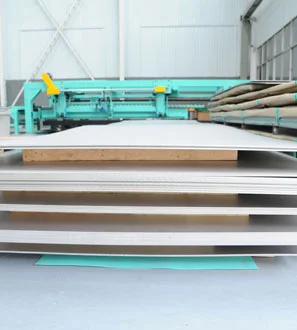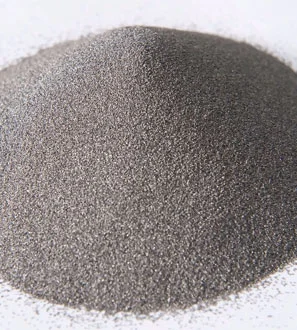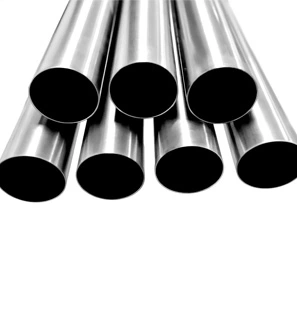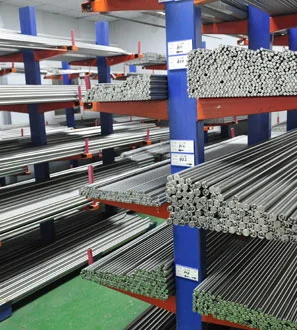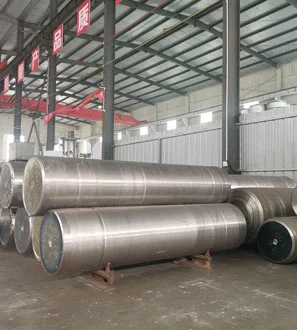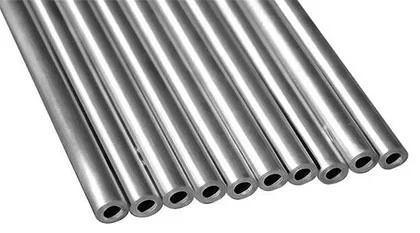Thank you for your
attention on Yesheng !
Common Applications of Pure Titanium and Titanium Alloy Rods
Titanium and titanium alloys have excellent welding, cold and hot pressure processing, and machining properties, making them ideal for manufacturing various titanium profiles, rods, plates, and pipes.
Titanium is an ideal structural material due to its low density of only 4.5 g/cm³, which is 43% lighter than steel, yet its strength is double that of iron and nearly five times that of pure aluminum. The combination of high strength and low density gives titanium rods a significant technical advantage.
Moreover, titanium alloy rods exhibit corrosion resistance that is comparable to or even surpasses stainless steel. Consequently, they are widely used in industries such as petroleum, chemical, pesticide, dyeing, paper, light industry, aerospace, space exploration, and marine engineering.
Titanium alloys boast a high specific strength (the ratio of strength to density). Pure titanium bar and titanium alloy rods are indispensable in fields like aviation, military, shipbuilding, chemical processing, metallurgy, machinery, and medical applications. For instance, alloys formed by combining titanium with elements such as aluminum, chromium, vanadium, molybdenum, and manganese can achieve ultimate strengths of 1176.8-1471 MPa through heat treatment, with a specific strength of 27-33. In comparison, alloys with similar strengths made from steel have a specific strength of only 15.5-19. Titanium alloys not only have high strength but also offer excellent corrosion resistance, making them ideal for applications in shipbuilding, chemical machinery, and medical devices.
1. High-Purity Iodide Titanium (Grade TAD)
This is a type of high-purity titanium obtained through the iodide refining process, also known as chemical-pure titanium. However, it still contains interstitial impurities such as oxygen, nitrogen, and carbon, which significantly affect its mechanical properties. As the purity of titanium increases, its strength and hardness decrease markedly. Therefore, while high-purity titanium offers excellent chemical stability, its strength is very low, limiting its use as a structural material. Consequently, it is seldom used in industrial applications. The industry predominantly uses industrial pure titanium rods and titanium alloy rods.
2. Industrial Pure Titanium
Unlike chemical-pure titanium, industrial pure titanium contains higher amounts of oxygen, nitrogen, carbon, and other impurities such as iron and silicon. Essentially, it is a low-alloyed titanium alloy. Due to these impurities, it exhibits significantly improved strength and its mechanical and chemical properties are similar to stainless steel (though still lower in strength compared to titanium alloys).
Characteristics of industrial pure titanium include
Moderate strength but excellent plasticity, making it easy to form, stamp, weld, and machine.
Good corrosion resistance in atmospheric, seawater, moist chlorine gas, and oxidative, neutral, or weakly reducing environments, surpassing most austenitic stainless steels.
Poor heat resistance, making it unsuitable for high-temperature applications.
Industrial pure titanium is classified into three grades based on impurity content: TA1, TA2, and TA3. As impurity levels increase, mechanical strength and hardness also increase, but plasticity and toughness decrease. TA2 is commonly used in industry due to its balanced corrosion resistance and mechanical properties. TA3 is chosen for applications requiring higher wear resistance and strength, while TA1 is selected for better formability.
Applications of industrial pure titanium include
Components operating below 350°C that require good plasticity, such as aircraft frames, skins, and engine accessories.
Seawater corrosion-resistant pipelines, valves, pumps, and hydrofoils for ships.
Heat exchangers, pump bodies, distillation columns, coolers, agitators, tees, impellers, fasteners, ion pumps, compressor valves, and parts in seawater desalination systems.
Structural parts and components in chemical processing and equipment such as diesel engine pistons, connecting rods, and leaf springs.
3. α-Type Titanium Alloys (Grades TA4, TA5, TA6, TA7)
These alloys are single-phase at room temperature and operating temperatures, and they cannot be strengthened through heat treatment (annealing is the only form of heat treatment). They mainly rely on solid solution strengthening. Although their room temperature strength is lower than that of β-type and α+β-type titanium alloys, they have the highest strength and creep resistance at high temperatures (500-600°C). They are characterized by stable microstructure, good oxidation resistance, weldability, corrosion resistance, and machinability, but low plasticity (although hot plasticity is still good) and poor room temperature stamping performance.
TA7 is the most widely used among these alloys, offering medium to high strength and sufficient plasticity in the annealed state, and good weldability for applications below 500°C. When interstitial impurity content (e.g., oxygen, hydrogen, nitrogen) is very low, TA7 also exhibits excellent toughness and comprehensive mechanical properties at ultra-low temperatures, making it an excellent ultra-low-temperature alloy.
TA4: Has slightly higher tensile strength than industrial pure titanium and is suitable for medium-strength structural materials. Mainly used as welding wire domestically.
TA5, TA6: Used for components operating in corrosive environments below 400°C, such as aircraft skins, frame parts, compressor casings, blades, and ship components.
TA7: Suitable for long-term use in structural components up to 500°C and various forged parts, with short-term use up to 900°C. It is also suitable for ultra-low temperature components (e.g., containers for ultra-low temperatures).
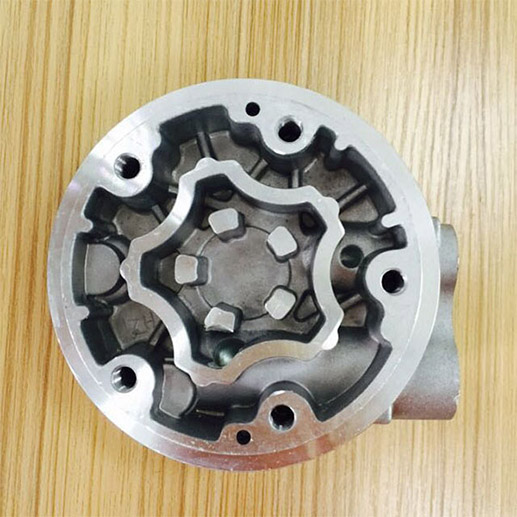
4. β-Type Titanium Alloys (Grade TB2)
These alloys contain primary alloying elements such as molybdenum, chromium, and vanadium, which stabilize the β phase. They can easily retain the high-temperature β phase at room temperature through normalizing and quenching, resulting in a stable β phase microstructure. Hence, they are called β-type titanium alloys.
β-type titanium alloys can be strengthened through heat treatment and exhibit high strength, good weldability, and excellent pressure processing properties. However, their properties are less stable, and the smelting process is complex, limiting their application compared to α-type and α+β-type titanium alloys.
Applications include components operating below 350°C, particularly for making sheet metal stamped parts and welded components, such as compressor blades, disks, shafts, and high-load rotating parts in aircraft. TB2 alloy is typically delivered in a solution-treated state and used after solution and aging treatment.
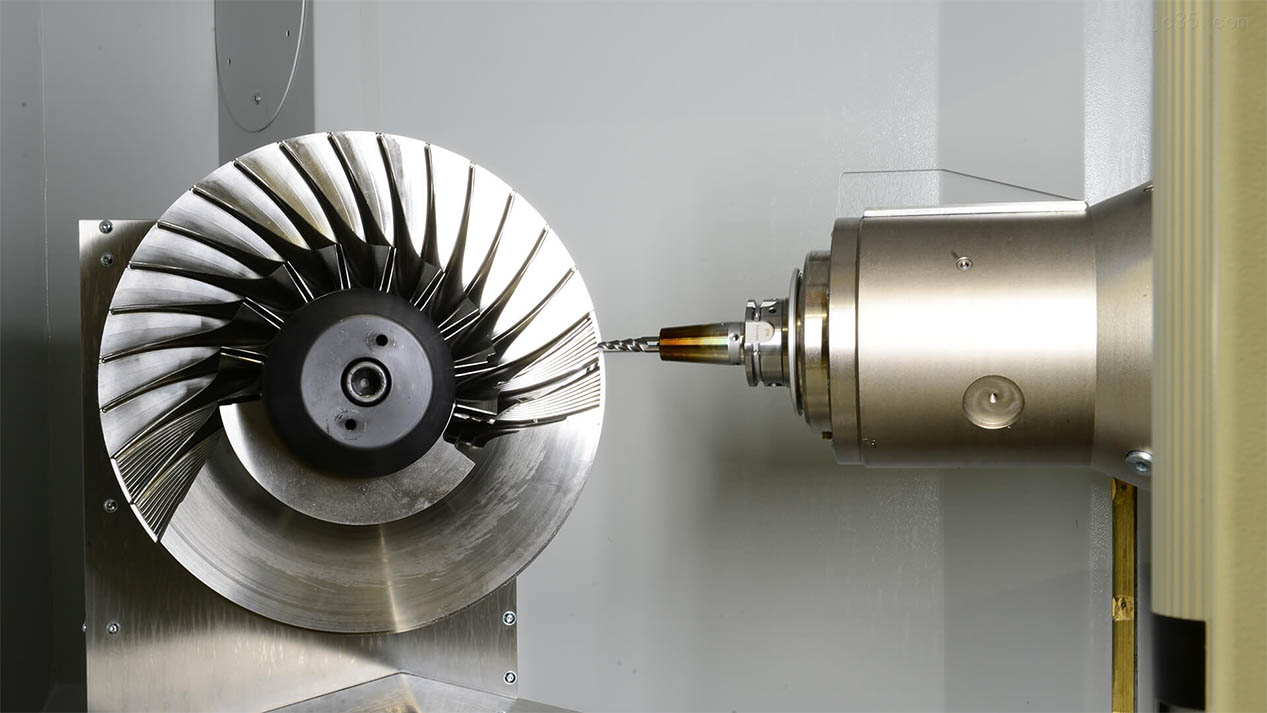
5. α+β-Type Titanium Alloys (Grades TC6, TC9, TC10)
These alloys consist of a two-phase microstructure of α and β phases at room temperature, hence the name α+β-type titanium alloys. They offer excellent comprehensive mechanical properties and can be strengthened through heat treatment (though not TC1, TC2, and TC7). They also have good forging, stamping, and welding properties, are machinable, and exhibit high room temperature strength and good heat resistance between 150-500°C. Some (e.g., TC1, TC2, TC3, TC4) also have good low-temperature toughness and resistance to seawater stress corrosion and hot salt stress corrosion. However, their microstructure is less stable.
TC4 is the most widely used alloy, accounting for about half of current titanium alloy production. It has excellent mechanical properties at room, high, and low temperatures, as well as superior corrosion resistance in various media. It is suitable for welding, hot and cold forming, and can be strengthened through heat treatment. Therefore, it is widely used in aerospace, marine, and chemical industries.
TC1, TC2: Suitable for stamped parts, welded components, and various forged and bent components operating below 400°C. These alloys can also be used as low-temperature structural materials.
TC3, TC4: Suitable for long-term use in components below 400°C, structural mold parts, various containers, pumps, low-temperature components, marine pressure hulls, tank tracks, etc. They have higher strength than TC1 and TC2.
TC6: Used as structural material for aircraft engines for applications below 400°C.
TC9: Used for parts operating up to 560°C, mainly in compressor discs and blades of jet engines.
Baoji Yesheng Titanium Industry Co., Ltd. is a high-tech company that integrates the production, processing, and sales of titanium and titanium alloys, nickel, zirconium, and other non-ferrous elements. It is situated in China's "Titanium Valley"-Baoji.Plates, bars, wires, tubes, standard components, forgings, equipment, and titanium and titanium alloys are the primary products. Nickel, zirconium, and alloys are also important.Welcome your consultation.
 English
English  日本語
日本語  한국어
한국어  français
français  Deutsch
Deutsch  русский
русский 





















